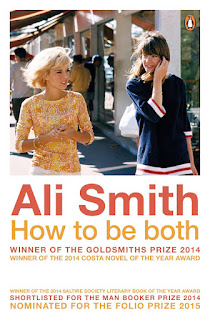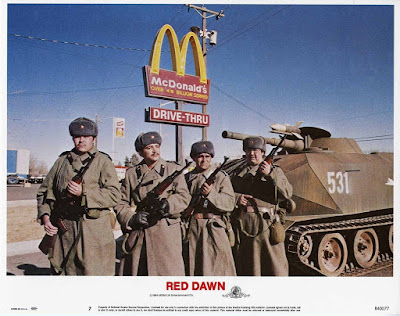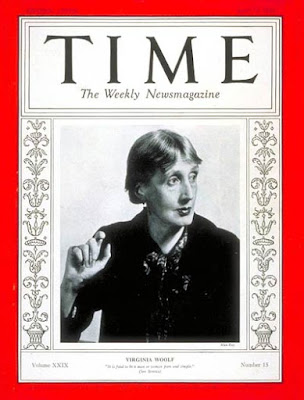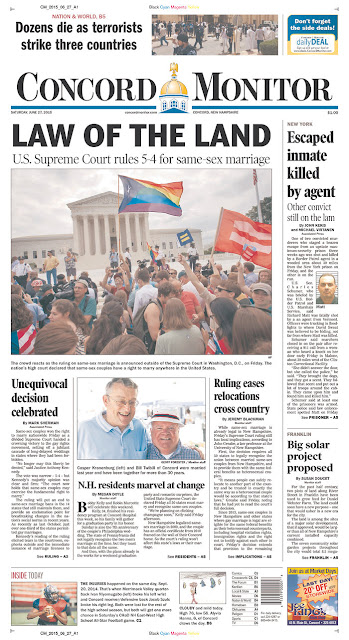Matt Shepard Is a Friend of Mine
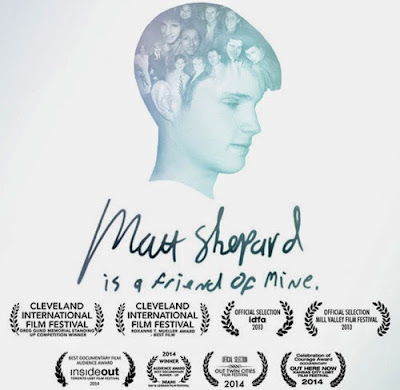
A review by another Matt , Matt Zoller Seitz, convinced me to watch Matt Shepard Is a Friend of Mine , and I'm glad I did. I wasn't going to, but these sentences got me curious: "It is wrenching but never exploitive. It is impressively skeptical of the same mission that it takes on its shoulders: to make something positive from a senseless crime without diminishing its senselessness." What kept me from the film had been a fear of it being maudlin or superficial. I know the Shepard case well, I've seen The Laramie Project a couple of times, I've heard Judy Shepard speak about her son's murder. I didn't think more could, or even should, be made of it. The film proved me wrong. Matthew Shepard was only a year (and a couple months) older than me. He died a few days before my 23rd birthday. Despite the barrage of national (and international) news coverage, I didn't learn of his murder for a few weeks, because I was in the midst of my first year...



